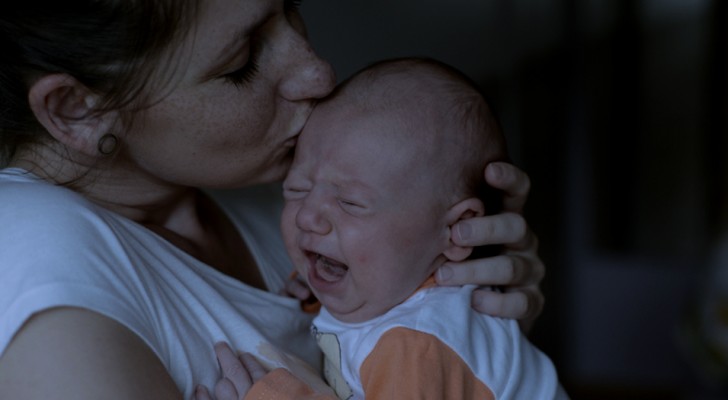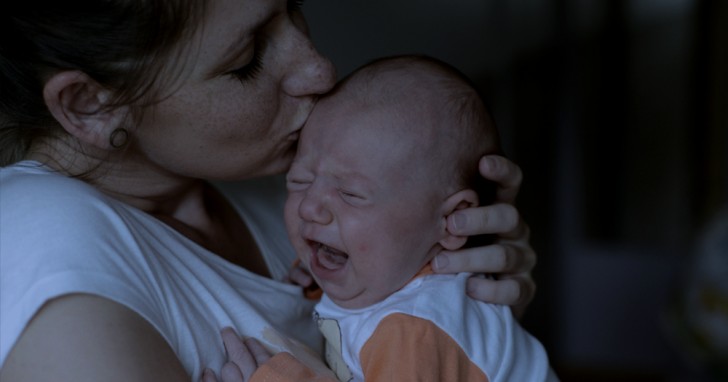It takes parents six years to recover lost sleep after their newborn baby's birth

Babies that are newborn or just a few months old have their own rhythms and they self-manage themselves, sleeping when they feel the need and crying when they are hungry or if something is bothering them.
One of the most obvious reasons is because they "come from" a place like the maternal uterus where in practice there is no night or day or the concept of time, in general.
When a newborn baby arrives, they completely upset the habits and routines of their parents, and one of these is sleep.
via cbsnews.com

One of the most common phrases that people with children tell friends who are expecting a baby is "try to sleep now that you can because later you will not be able to get any rest". Fathers and especially mothers lose an average of 30 to 60 minutes of sleep per night with the arrival of a baby, but this is actually nothing new.
However, what we did not know until now is what were the long-term effects of sleep deprivation. Researchers at the University of Warwick in England carried out a study analyzing the variations in the daily cycles of sleep following the birth of a child.
The survey featured a sample of 2119 parents and 2541 mothers, using a measurement scale of 0 to 10 as a reference parameter. Three months after delivery, women recorded 1.81 points less in relation to the quality of sleep, with an additional 0.72 points subtracted due to the mandatory "shifts" of breastfeeding.
After calculating the time, this meant that there is about an hour less to spend in bed, with an average of 13 minutes and 0.37 points to subtract each night for all parents, regardless of gender.

The information obtained highlighted a surprising fact, namely that the amount of sleep lost by parents in the early months after the arrival of a child, is recuperated only after six years.
That is how long it takes an adult body to readjust and restore normalcy in its natural biorhythms and the alternation of the sleep-wake cycle.
However, at the moment, it is not known if there are methods or strategies to better amortize this period, but what is certain is that the fatigue experienced due to the lack of rest is amply compensated by the joy and love for the child.
Of course, this natural mechanism is certainly better than any supplement or medicine that science can invent.





